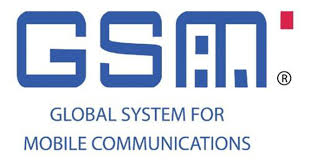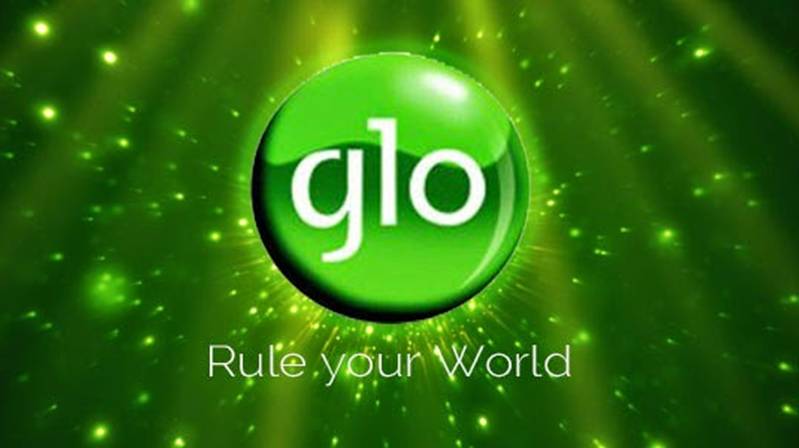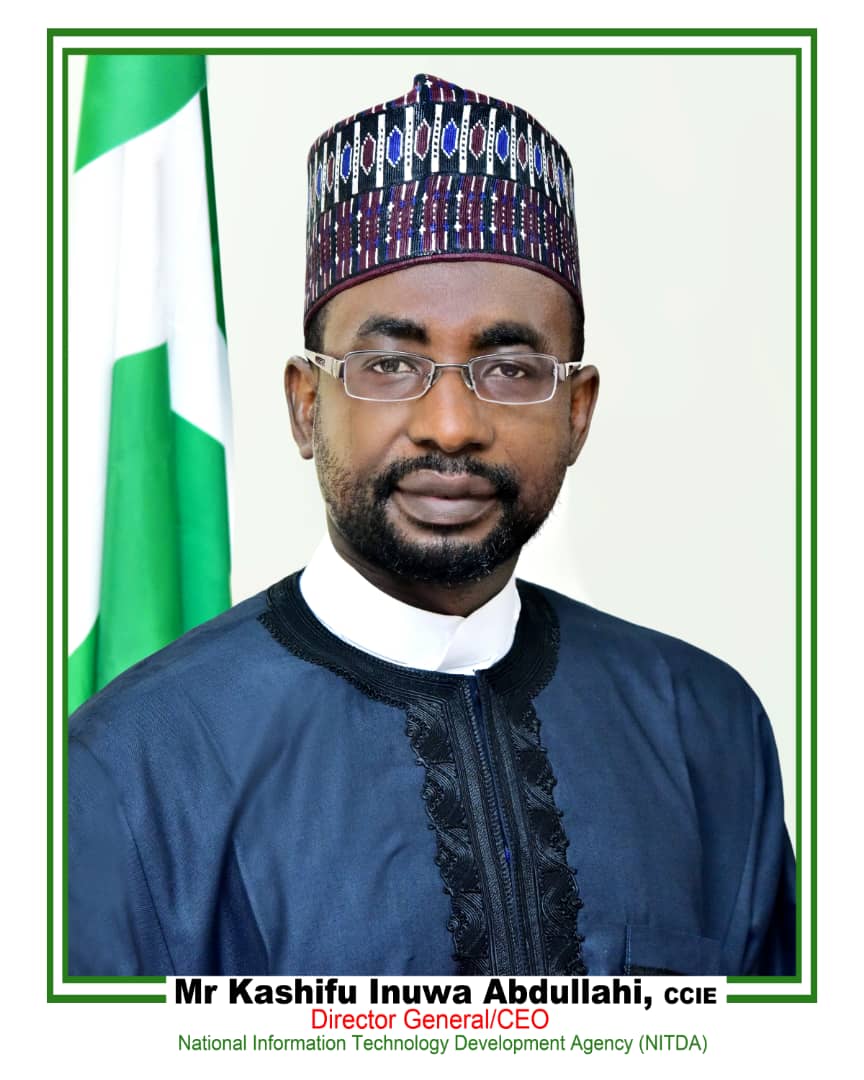The ongoing legislation by the National Assembly to introduce nine per cent Communication Service Tax (CST) in Nigeria, has continued to elicit mixed reactions from industry stakeholders both within and outside Nigeria.
Weekend, leading global telecoms industry watchdog, the Global System for Mobile telecommunications Services (GSMA), expressed serious concern over the move, saying apart from escalating the funding woes of main network operators (MNOs) in driving infrastructure upgrade, it will further slow broadband penetration.
Business Hilights recalls that GSMA represents the interest of over 800 operators and vendors across the globe.
The group said even as now the tax is yet to come in, Infrastructure Companies (InfrCos) licencees is yet to deliver on their rollout of regional broadband facilities due to excruciating tax regimes across the states which the federal government is yet to do something meaningful to reduce.
GSMA noted that following substantial research into the impact of taxation on mobile communication services, it believes such a tax poses a severe threat to Nigeria’s future economic growth at a time the national economy is beginning to be driven by digital technologies.
According to a statement, the global telecoms watchdog averred that “Imposing a new ‘sector-specific’ tax on communication services would result in increasing price levels for consumers, and as a result, decrease the adoption and usage of broadband services.
“This will in turn have adverse effects on the industry investment needed to improve and expand mobile connectivity across the country.
“The proposal departs from best-practice principles of taxation recommended by the International Monetary Fund and the World Bank. According to it, these institutions recommend that taxation should be as broad-based as possible (i.e., not sector-specific) and should not undermine investment,” the GSMA statement added.
In his remarks, the Head of Sub-Saharan Africa, GSMA, Akinwale Goodluck, said the government’s long-term digital ambitions will be severely compromised if these tax proposals go ahead, stressing that “The potential of mobile broadband is clear from the rapid development of the digital economy in Nigeria.”
“The mobile ecosystem already contributes over $21 billion to the Nigerian economy and around 16 per cent of total government tax revenue. The focus should be on boosting mobile penetration, and investment in networks to strengthen the economy, rather than undermining this through potentially punitive taxes,” Goodluck stated.
Continuing, he explained that from the point view of the International Telecommunications Union (ITU), a 10 per cent increase in mobile penetration in a sample of African countries yields a 2.5 per cent increase in GDP per capita.
However, GSMA averred that “To support sustainable economic growth, fiscal policy in Nigeria should promote the wider adoption of broadband services and not hamper their adoption because such taxes could also end up having a disproportionate impact on poorer households.”









